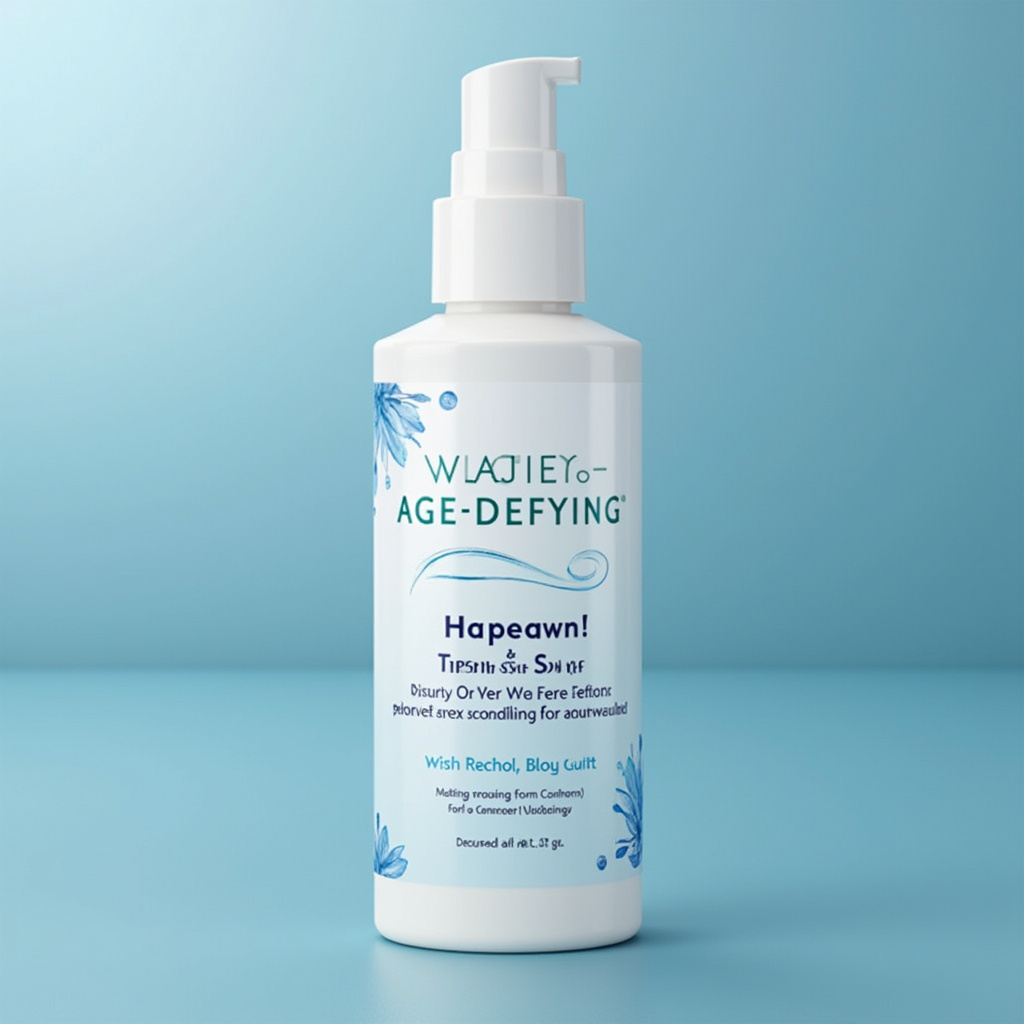Introduction
When it comes to maintaining youthful, radiant skin, hydration is key. Water is not just essential for our overall health; it plays a vital role in keeping our skin looking fresh and vibrant. In this article, we’ll explore the importance of hydration for your skin and share practical tips to help you stay hydrated and achieve that timeless glow.
The Connection Between Water and Skin Health
Our skin is the largest organ in our body, and just like every other organ, it requires water to function optimally. Proper hydration helps:
- Maintain Elasticity: Well-hydrated skin is more elastic and less prone to sagging.
- Combat Dryness: Water helps to keep skin moisturized, reducing the appearance of fine lines and cracks.
- Promote Healing: Adequate hydration aids in the skin’s natural healing processes, helping to soothe irritation and redness.
- Enhance Radiance: Hydrated skin looks plump and vibrant, giving you that youthful glow.
How Much Water Do You Need?
While the common recommendation is to drink eight 8-ounce glasses of water a day (about 2 liters), individual needs can vary based on factors like age, activity level, and climate. A good rule of thumb is to listen to your body. Here are some signs you may need to hydrate more:
- Dry skin: If your skin feels dry or tight, it may be a sign of dehydration.
- Dark urine: If your urine is darker than a pale straw color, you may need to drink more water.
- Fatigue: Lack of hydration can lead to feelings of fatigue, which can affect your skin’s appearance.
Creative Ways to Stay Hydrated
Drinking water doesn’t have to be boring! Here are some fun and delicious ways to increase your water intake:
- Infused Water: Add slices of fruits like lemon, cucumber, or berries to your water for a refreshing twist.
- Herbal Teas: Unsweetened herbal teas can contribute to your daily hydration needs.
- Soups and Broths: Incorporating hydrating, low-sodium soups into your diet can help boost your fluid intake.
- Fruits and Veggies: Many fruits and vegetables, like watermelon, oranges, and cucumbers, have high water content and can help you stay hydrated.
Skin Care Routine for Hydration
In addition to drinking enough water, your skincare routine can significantly impact your skin’s hydration levels. Here are some tips:
- Choose the Right Cleanser: Opt for a gentle, hydrating cleanser that won’t strip your skin of its natural oils.
- Moisturize Regularly: Use a moisturizer suitable for your skin type to lock in moisture. Look for ingredients like hyaluronic acid and glycerin.
- Use Sunscreen: Protecting your skin from the sun helps prevent moisture loss and damage.
- Consider Humidifiers: Using a humidifier, especially in dry climates or during winter, can help maintain skin hydration levels.
Signs of Dehydrated Skin
It’s important to recognize the signs of dehydrated skin so you can address the issue promptly. Signs include:
- Flakiness: Skin may appear dry and flaky.
- Itchiness: Dehydrated skin can feel itchy and uncomfortable.
- Increased Sensitivity: You may notice that your skin reacts more to products and environmental factors.
Conclusion
Hydration is a crucial element in the quest for timeless, radiant skin. By prioritizing your water intake and adopting effective skincare practices, you can help your skin maintain its youthful appearance. Remember, healthy skin is happy skin, so drink up and enjoy the benefits of hydration!




